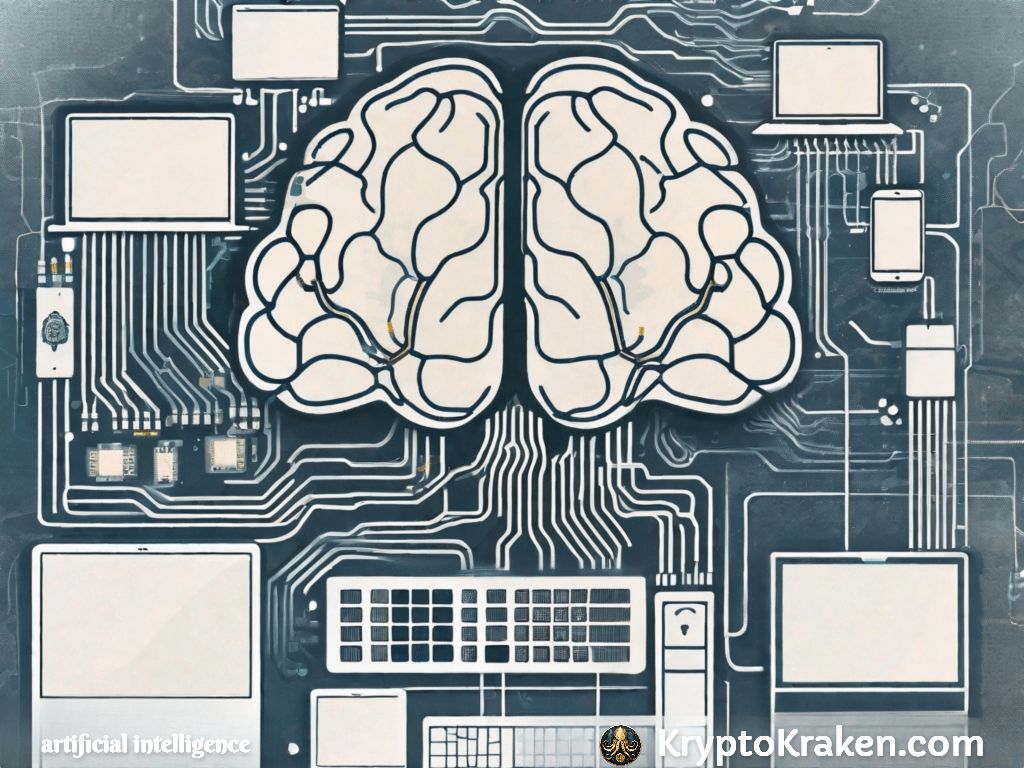
- August 25, 2023
- Dennis Frank
- 6
Table of Contents
In today’s digital world, privacy protection is of utmost importance. With the growing presence of technology in our daily lives, concerns about data privacy have become increasingly significant. Fortunately, artificial intelligence (AI) has emerged as a powerful tool in safeguarding privacy. This article delves into the applications of AI in privacy protection, from understanding the basics of AI to exploring its future possibilities.
Understanding the Basics of Artificial Intelligence
Artificial intelligence (AI) has become an integral part of our lives, revolutionizing various industries and shaping the way we interact with technology. From voice assistants like Siri and Alexa to self-driving cars, AI has made remarkable progress in recent years. But what exactly is AI, and how has it evolved over time?
Defining Artificial Intelligence
Artificial intelligence refers to the development of computer systems that can perform tasks that would typically require human intelligence. These systems learn and adapt to improve their performance over time. Through complex algorithms, AI can analyze data, make decisions, and even mimic human behaviors.
AI can be broadly categorized into two types: narrow AI and general AI. Narrow AI, also known as weak AI, is designed to perform specific tasks, such as speech recognition or image classification. On the other hand, general AI, also known as strong AI, aims to possess the same level of intelligence as a human being and perform any intellectual task that a human can do.
Machine learning is a subset of AI that focuses on enabling computers to learn from data without being explicitly programmed. It involves training algorithms on large datasets to recognize patterns and make predictions or decisions based on that information. Deep learning, a subfield of machine learning, uses artificial neural networks to simulate the functioning of the human brain, enabling computers to process and analyze complex data.
The Evolution of AI Technology
AI has come a long way since its inception. The field has witnessed significant advancements, allowing AI systems to perform increasingly sophisticated tasks. From rule-based systems to machine learning algorithms, AI has revolutionized numerous industries, including privacy protection.
In the early days of AI, rule-based systems were prevalent. These systems relied on a set of predefined rules and logical reasoning to make decisions. While they were effective for simple tasks, they lacked the ability to learn and adapt to new situations.
With the advent of machine learning, AI systems became more intelligent and capable of learning from data. Supervised learning, unsupervised learning, and reinforcement learning are some of the key techniques used in machine learning. Supervised learning involves training a model on labeled data, where the desired output is known. Unsupervised learning, on the other hand, involves training a model on unlabeled data, allowing it to discover patterns and relationships on its own. Reinforcement learning involves training a model through trial and error, where it receives feedback in the form of rewards or penalties based on its actions.
Deep learning, fueled by the availability of large datasets and powerful computing resources, has further propelled the advancement of AI. Deep neural networks, with their multiple layers of interconnected nodes, have shown remarkable capabilities in tasks such as image recognition, natural language processing, and speech synthesis.
In recent years, AI has made significant strides in various domains. In healthcare, AI is being used to diagnose diseases, develop personalized treatment plans, and analyze medical images. In finance, AI algorithms are employed to detect fraudulent transactions, predict market trends, and automate trading. AI is also transforming the transportation industry with the development of self-driving cars and optimizing traffic flow.
The future of AI holds immense potential. As technology continues to advance, AI systems are expected to become more intelligent, efficient, and capable of performing complex tasks. However, ethical considerations and the responsible use of AI remain crucial in ensuring its benefits are harnessed for the greater good. There is more about this topic in Web 3.0 and Artificial Intelligence: The Future of Tech
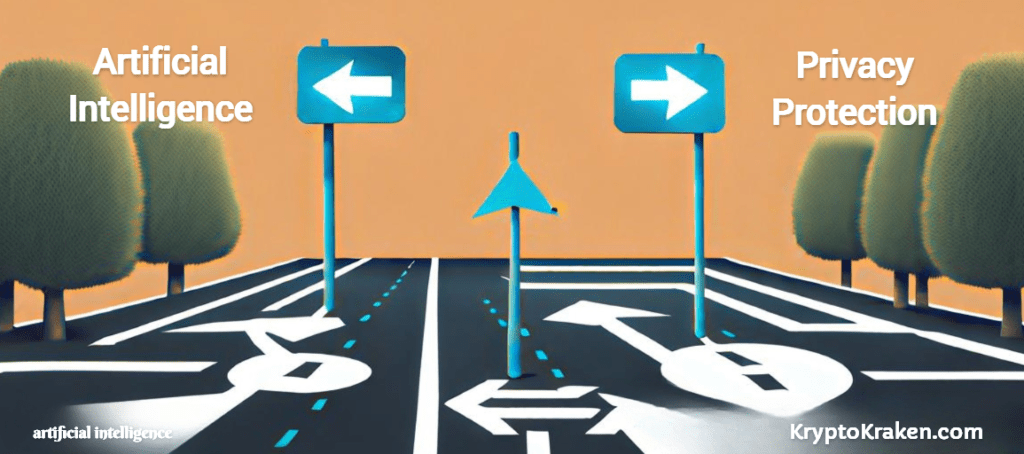
The Intersection of AI and Privacy Protection
The protection of data and privacy is of utmost importance in today’s digital age. With the advancements in technology, particularly in the field of Artificial Intelligence (AI), there has been a significant impact on ensuring the security and confidentiality of sensitive information.
The Role of AI in Data Protection
Data protection is a fundamental aspect of privacy, and AI plays a crucial role in this regard. By leveraging its capabilities to analyze vast amounts of data, AI can identify patterns and anomalies that might indicate potential security breaches. This enables organizations to take proactive measures to safeguard their data and prevent any unauthorized access.
For instance, AI-powered systems can continuously monitor network traffic and identify any suspicious activities that could potentially lead to data breaches. By analyzing various data points, such as user behavior, system logs, and network traffic patterns, AI algorithms can detect and alert organizations about any potential security threats in real-time.
Furthermore, AI can also assist in identifying vulnerabilities in existing data protection systems. By analyzing historical data breaches and security incidents, AI algorithms can identify common patterns and weaknesses, allowing organizations to strengthen their security measures and protect against similar attacks in the future.
AI-Driven Privacy Tools and Techniques
The advancements in AI have given rise to a plethora of innovative privacy tools and techniques. These tools leverage AI algorithms to automate privacy-related tasks and enhance data protection measures.
One such example is facial recognition technology. AI-powered facial recognition systems can analyze and identify individuals based on their facial features. This technology has various applications in privacy protection, such as access control systems, surveillance, and identity verification. By automating the process of identifying individuals, organizations can ensure that only authorized personnel have access to sensitive information.
Natural Language Processing (NLP) algorithms are another AI-driven privacy tool. These algorithms can analyze and understand human language, enabling organizations to automatically identify and redact sensitive information from documents or conversations. This helps in ensuring that personal data is not inadvertently shared or exposed, thus protecting individuals’ privacy.
Additionally, AI can also assist in data anonymization, a crucial aspect of privacy protection. By applying AI algorithms, organizations can anonymize data by removing or encrypting personally identifiable information (PII) while retaining its utility for analysis and research purposes. This allows organizations to use data for valuable insights while ensuring the privacy of individuals.
Moreover, AI can help organizations comply with privacy regulations. By automating privacy impact assessments and data protection audits, AI-driven tools can ensure that organizations adhere to legal requirements and industry standards. This reduces the risk of non-compliance and potential penalties, while also enhancing overall privacy protection.
In conclusion, the intersection of AI and privacy protection brings numerous benefits to organizations and individuals alike. AI’s ability to analyze vast amounts of data, detect security breaches, and automate privacy-related tasks has revolutionized the field of data protection. As technology continues to advance, it is crucial for organizations to embrace AI-driven privacy tools and techniques to safeguard sensitive information and ensure the privacy of individuals. You can read more about AI Technology and how it is protecting privacy in this article: The Transformative Power of AI in Industries: Benefits and Risks
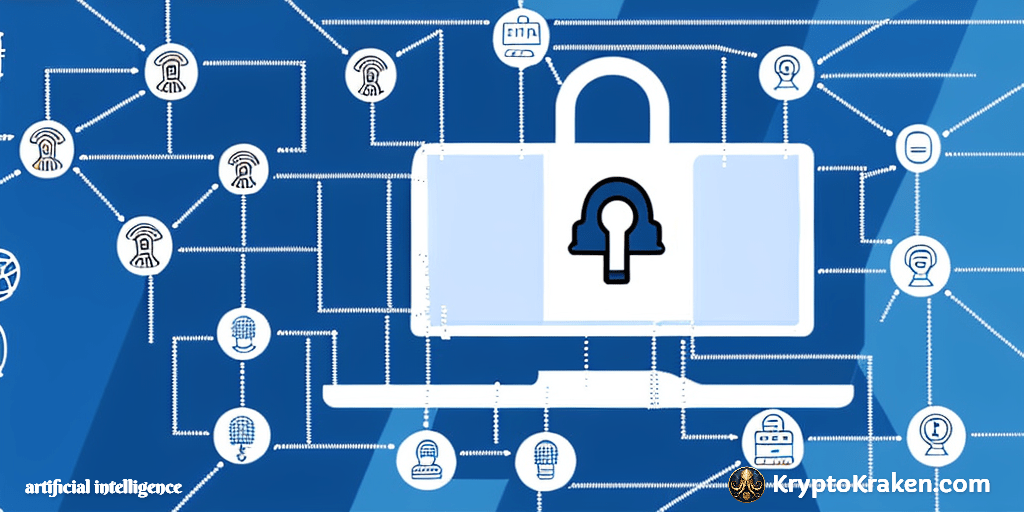
The Mechanisms of AI in Privacy Protection
AI Algorithms for Privacy Protection
AI algorithms lie at the heart of privacy protection mechanisms. These algorithms can detect sensitive information, such as personal identifiers and preferences, within large datasets. By applying encryption and anonymization techniques, AI algorithms can safeguard privacy while still enabling data analysis and utilization.
The Role of Machine Learning in Privacy Safeguarding
Machine learning, a subset of AI, plays a crucial role in privacy safeguarding. By analyzing patterns and behaviors in data, machine learning algorithms can identify potential privacy risks. These algorithms can also adapt and learn from new threats, continuously improving the protection of sensitive information.
Challenges and Controversies Surrounding AI in Privacy Protection
Ethical Considerations in AI and Privacy
As with any technology, AI raises ethical considerations when applied to privacy protection. Questions of transparency, consent, and fairness arise when AI systems make decisions impacting individuals’ privacy. Striking a balance between privacy and the potential benefits of AI requires careful consideration of ethical principles.
Potential Risks and Limitations of AI in Privacy Protection
While AI holds great promise for privacy protection, it also comes with risks and limitations. Biased algorithms, unauthorized access to AI-powered systems, and the potential for misuse are just a few concerns. Addressing these risks and implementing robust security measures is essential to ensure the responsible use of AI in privacy protection.
The Future of AI in Privacy Protection
Emerging Trends in AI for Privacy Protection
The future of AI in privacy protection looks promising. As technology continues to evolve, new trends are emerging. One such trend is federated learning, where AI models are trained collectively without the need for sharing sensitive data. This approach increases privacy while still providing valuable insights.
Predictions for AI and Privacy in the Coming Years
In the coming years, AI is expected to play an increasingly pivotal role in privacy protection. With the rise of smart home devices, connected gadgets, and the Internet of Things, the need for AI-driven privacy solutions will become more pronounced. AI will continue to evolve, adapting to new challenges and expanding the boundaries of privacy protection.
In conclusion, artificial intelligence offers a wide range of applications in privacy protection. From detecting security breaches to automating privacy-related tasks, AI is revolutionizing the way we safeguard sensitive information. Nevertheless, ethical considerations, risks, and limitations should not be overlooked. By embracing responsible and transparent practices, AI can contribute significantly to a more secure and privacy-conscious future. There is more information about privacy in the article The Promising Synergy of AI and Blockchain Technology: Unlocking the Future























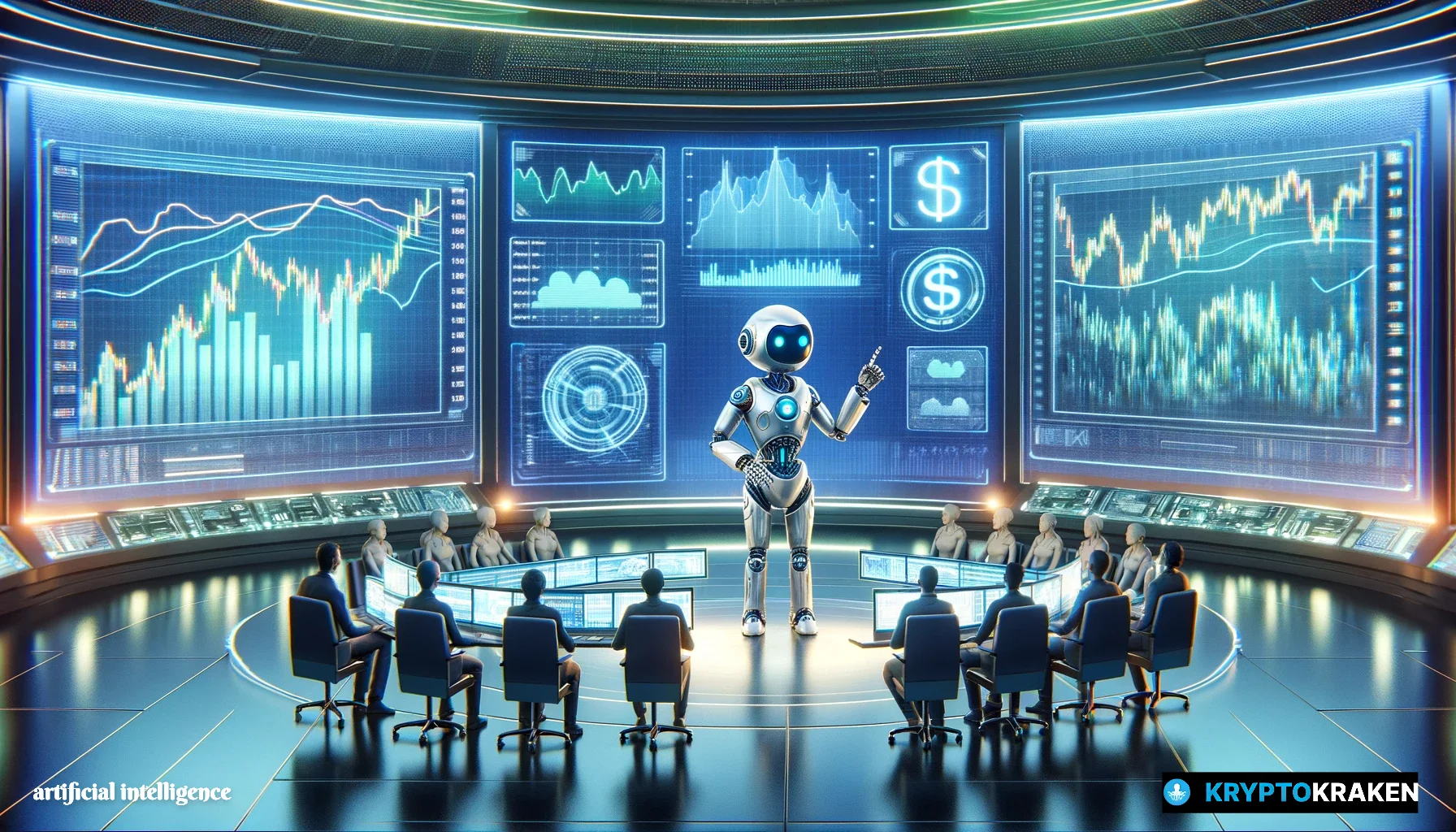



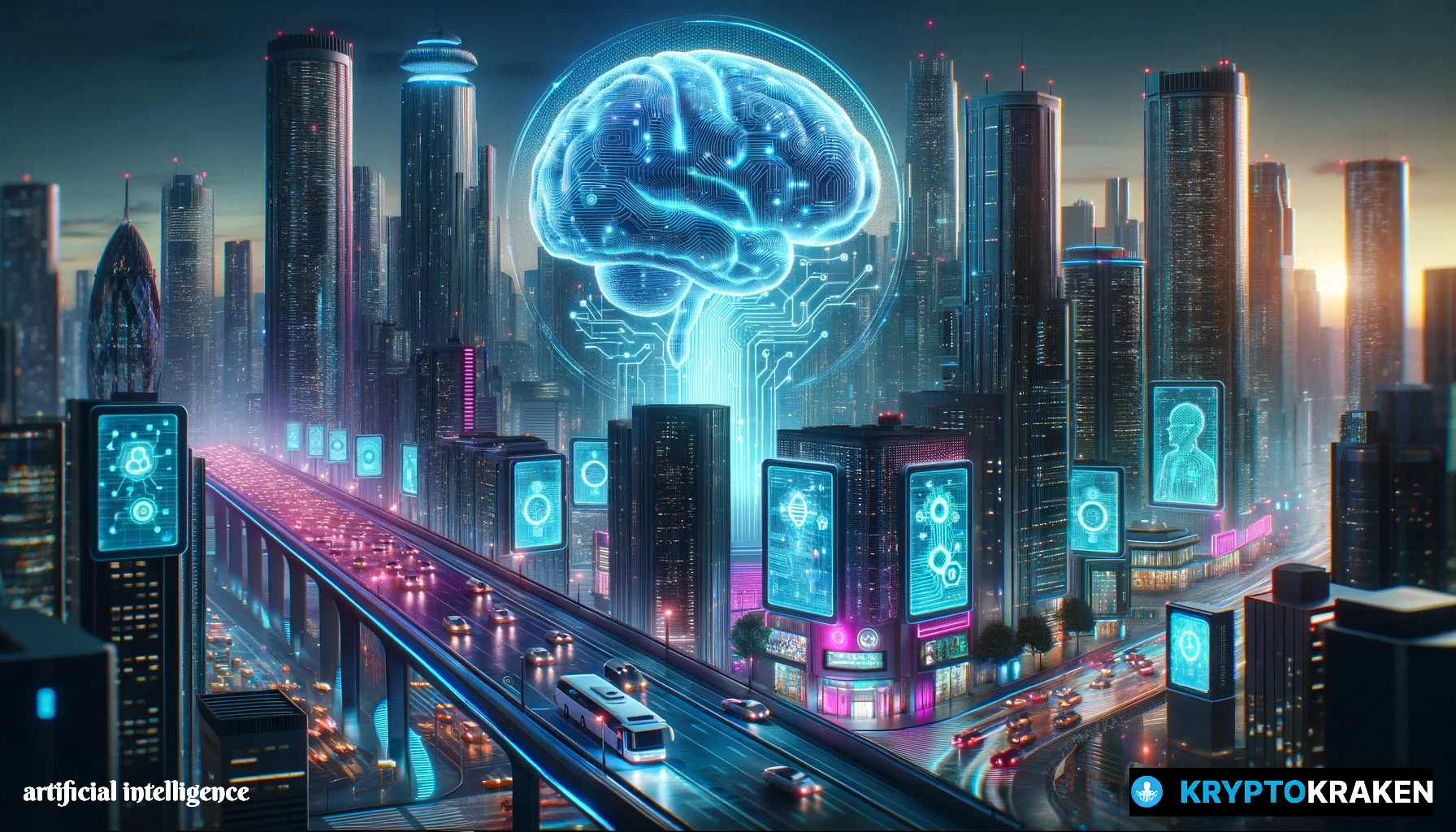
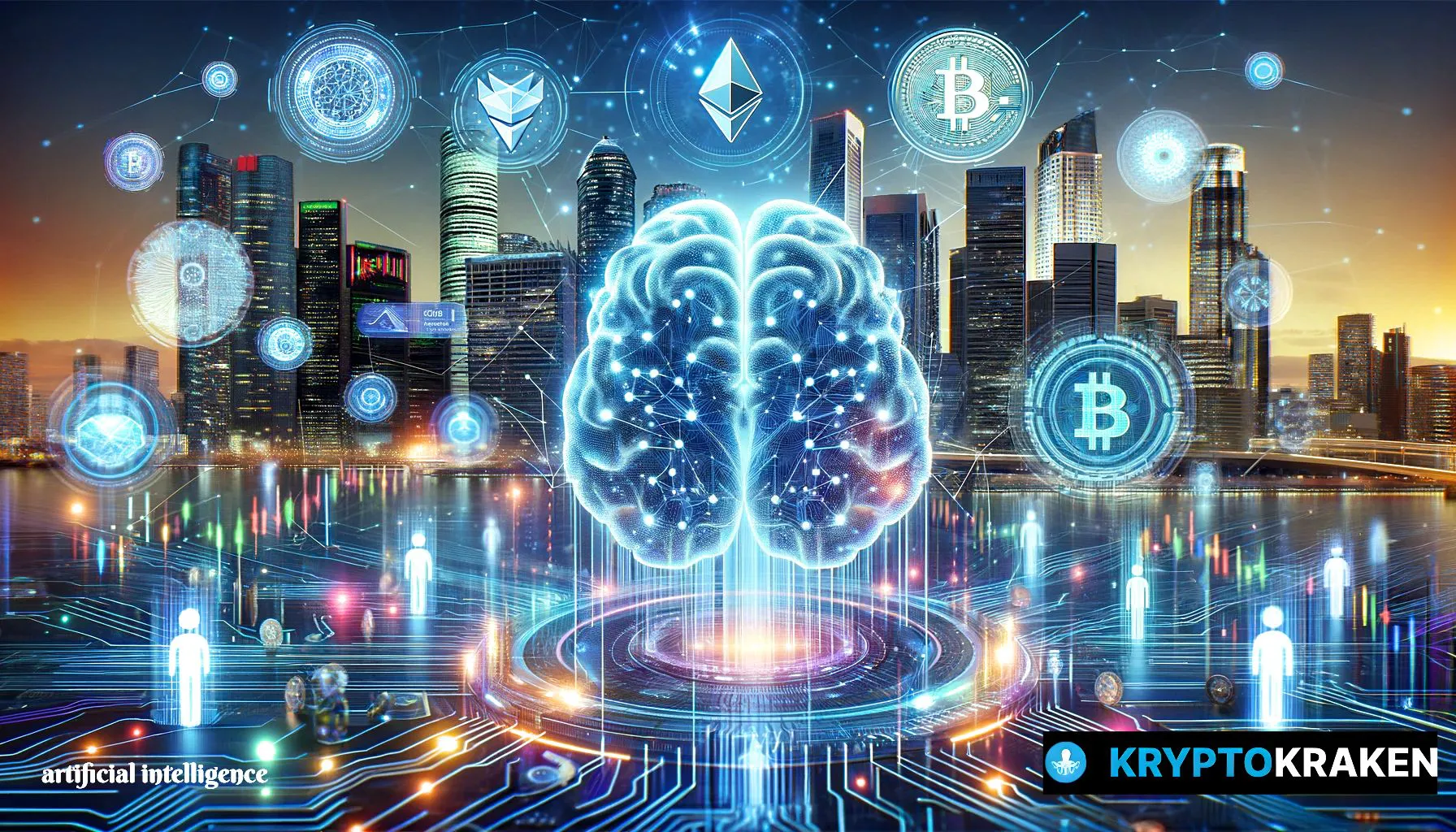
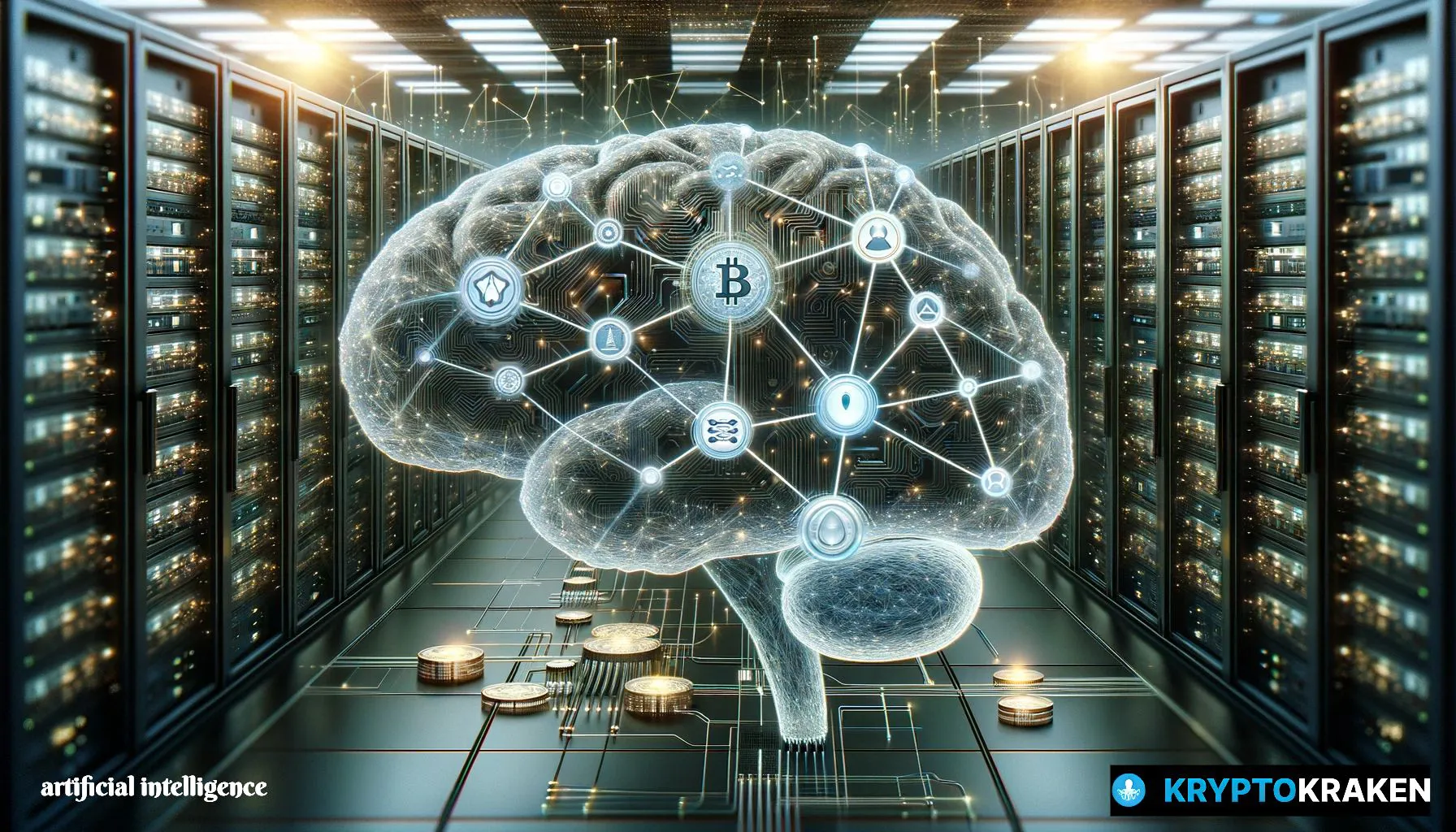












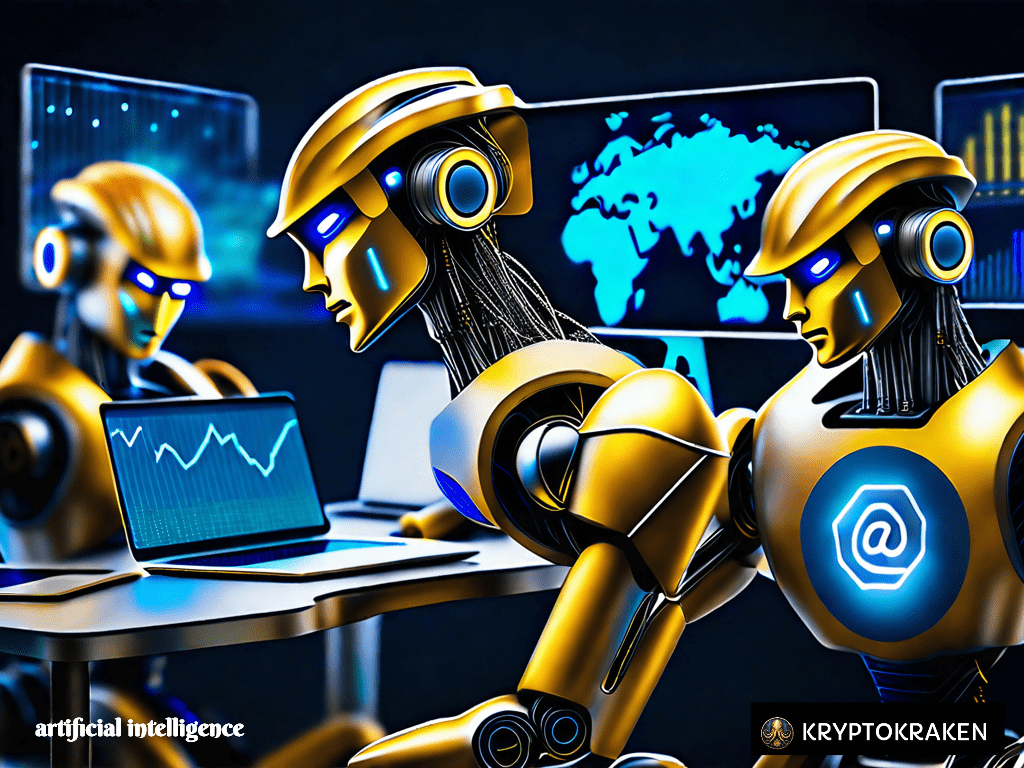
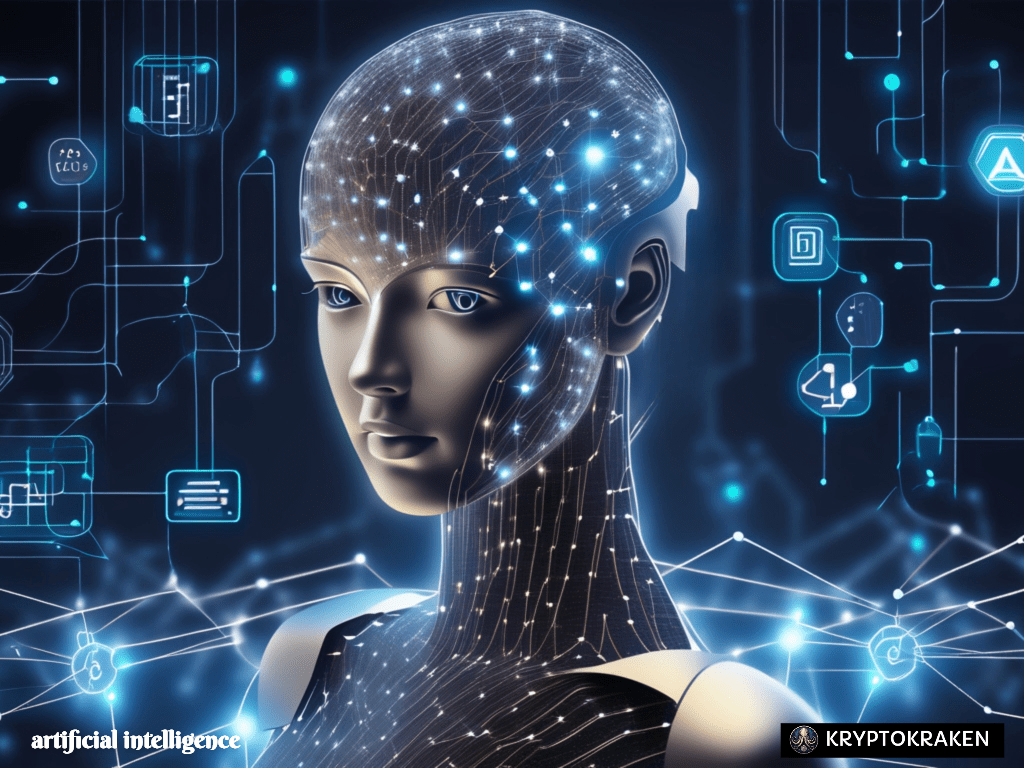





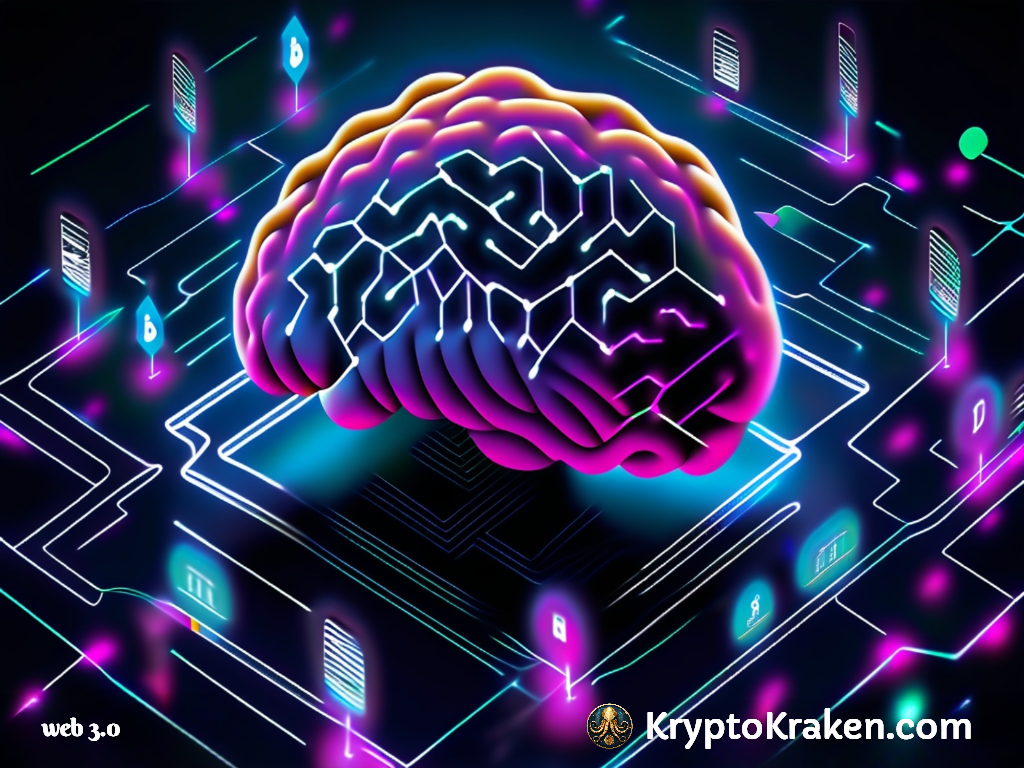

















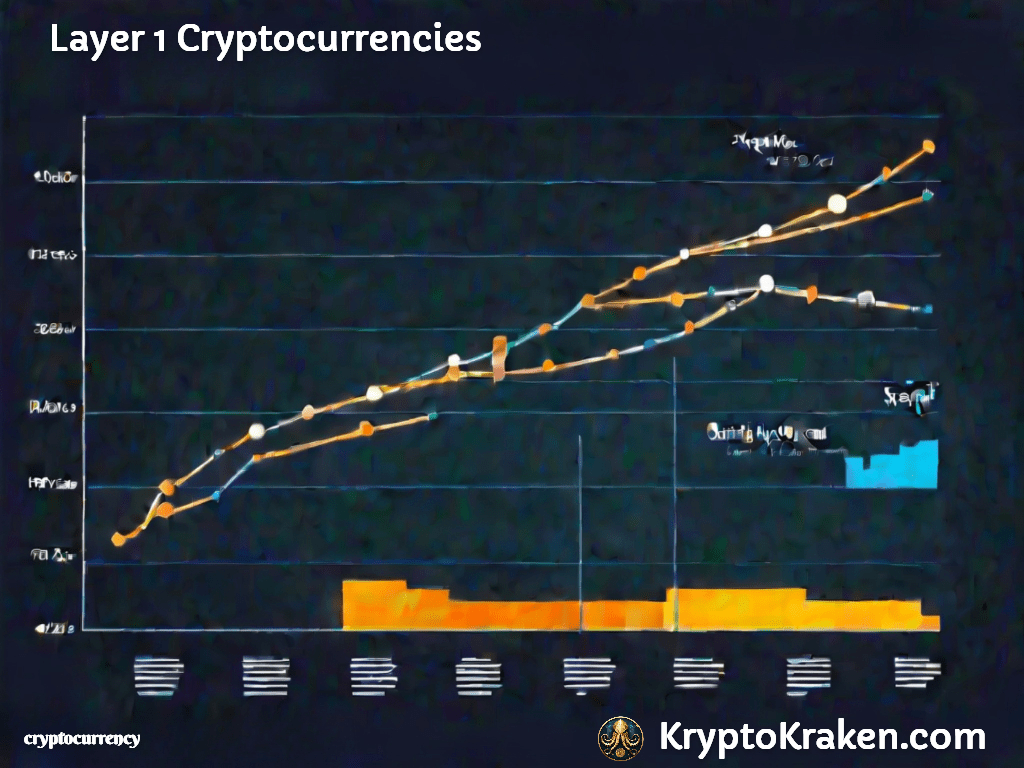


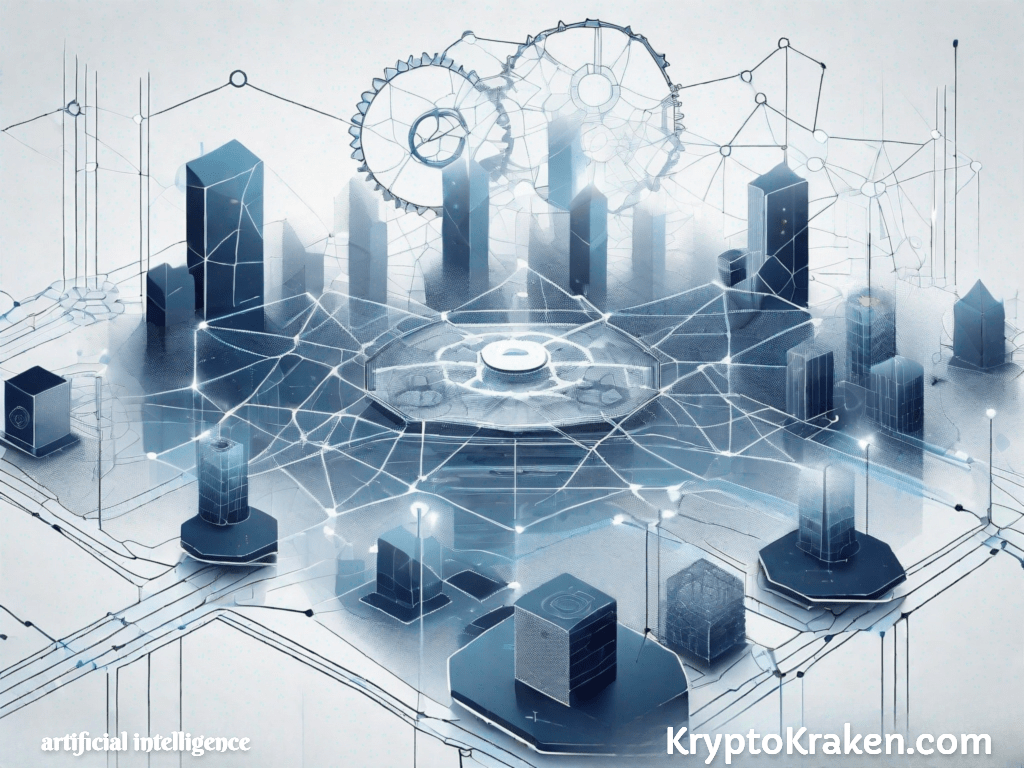














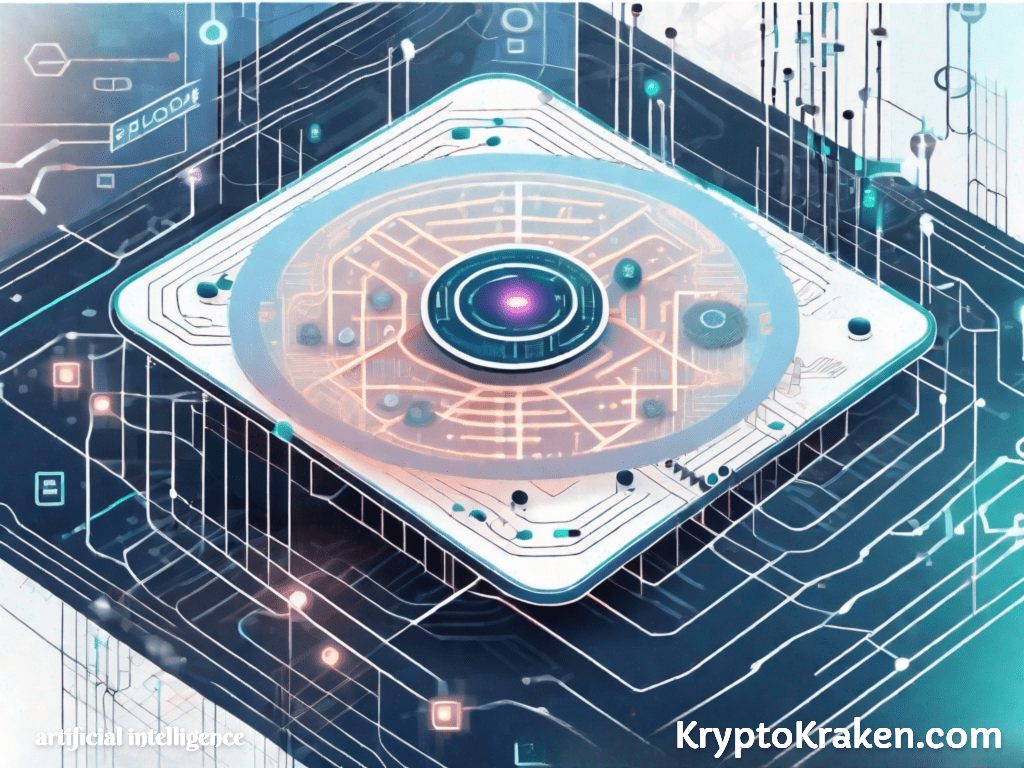
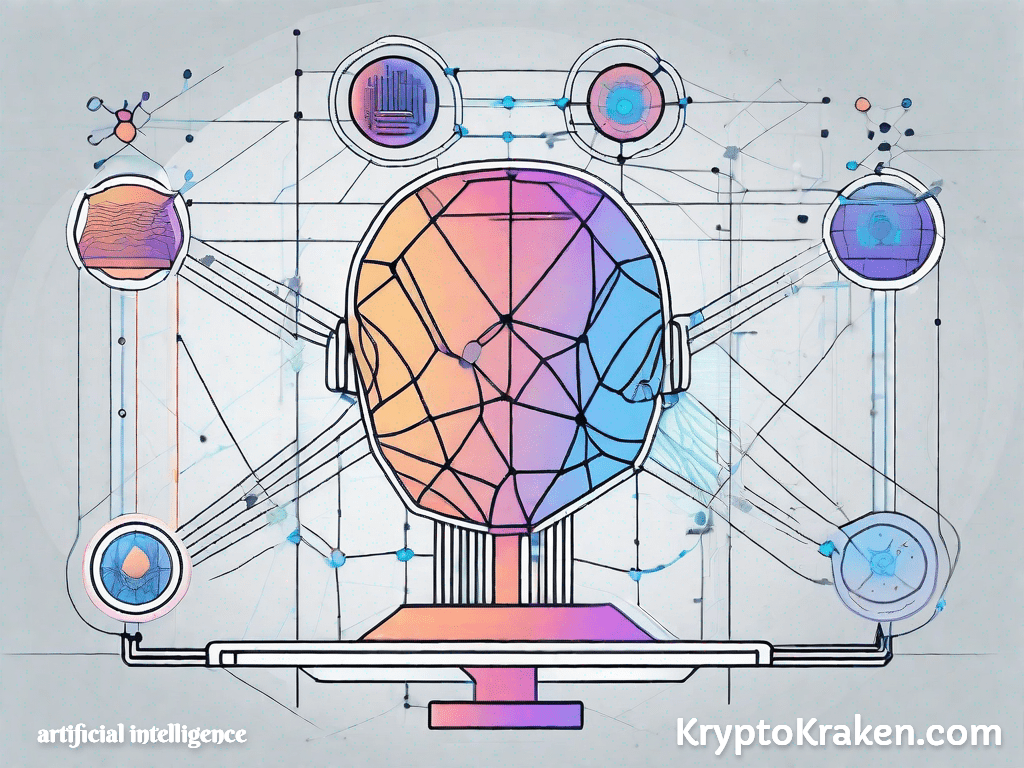















6 comments on “Exploring the Applications of Artificial Intelligence in Privacy Protection”